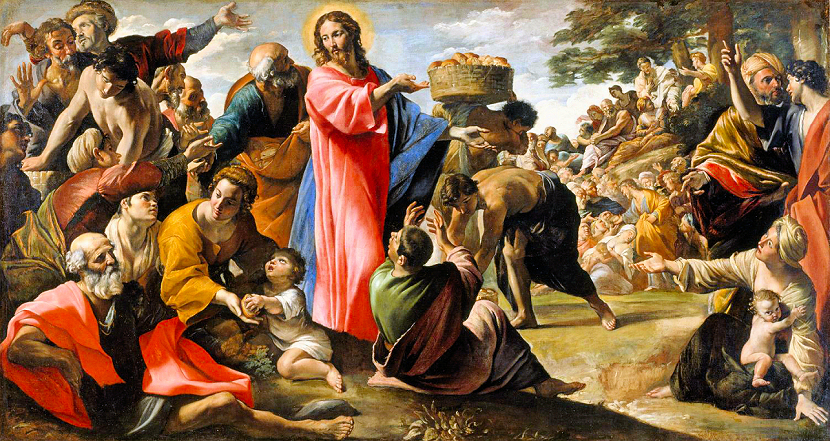“We love, because He first loved us.” — 1 John 4:19
What is love? Love is an ambiguous word! It can mean almost anything from the trivial to the profound. It can be used in a cynical sense, as in the song: “Fifty Ways to Leave Your Lover.” It can describe the greatest acts of self-giving the world has ever seen such as the love of Jesus for all humankind.
If love were all fluff and glitter, we could get along with a book of sweet sayings. If love were easy, we wouldn’t have to make difficult decisions. We wouldn’t have to make sacrifices. We wouldn’t be called to live lives wide-open to God’s surprises in our lives. We wouldn’t know the awesome love of God.
The word “love” in St. John is translated from the Greek, agape, which describes the mutual self-giving relationship between Jesus and the Father and between Jesus and His followers. The love that the Father bestowed on the Son has entered our world, and has reached us full strength in Jesus.
If love were as simple as reading a book, we wouldn’t need an Advocate, a helper. We would not need the Holy Spirit. ( John 14 : 16 ) But we do need help understanding what St. John says about love; namely, that God first loved us and that all our loving commitments are grounded in this fact that He loved us so much He sent His Son for our redemption (John 3:16).
Love in general doesn’t compel our attention, much less our loyalty or our respect. But love, as example, always compels respect. Every child is created in the image of God and has an in-built, God-given tendency, to love and be loved. Even if a child does not experience this love from family, friends, and neighbors, he or she can still receive the outpouring of God’s love that never fails. It is unconditional. God never gives up on loving us, healing us, and bringing us back, whenever we stray, to Himself.
God’s nature is love. It permeates His being because His very being is love and he must express it, unconditionally, to everyone who comes to Him. He demonstrates His love by lavishing it on undeserving people like you and me, by drawing us to Himself, by forgiving our sins, and by sending His Holy Spirit to dwell within us so we might love as He loves us.
The love of God, of which St. John speaks, is also love for one another as Jesus loves us. This is the new commandment that Jesus gives us, to “love one another as He has loved us.” ( John 13 : 34 – 35 ) This is love in action. This is true love because you can always count on it. It is not fickle. It is not like the weather-cock that twists and turns with every breeze that blows. It is anchored in God, the unwavering source of love.
The love which Jesus demonstrates is constant and perfect because it is an expression of the love of the Father who loved us first and sent Christ, the Anointed One, to show us how to love one another.
—Fr. Hugh Duffy











Recent Comments